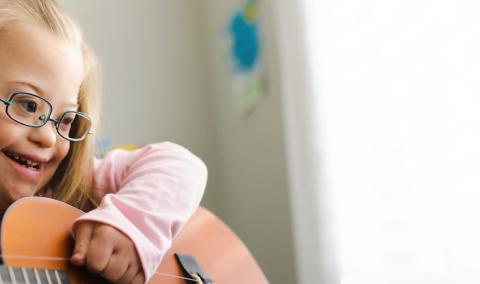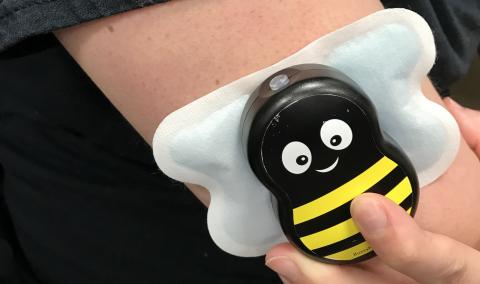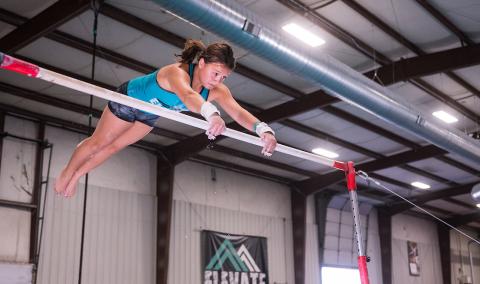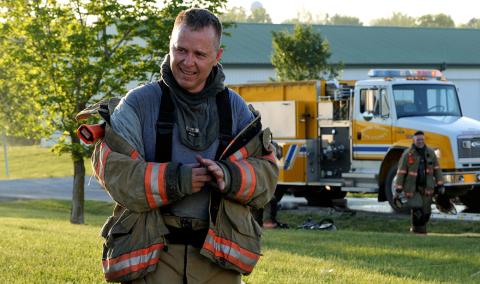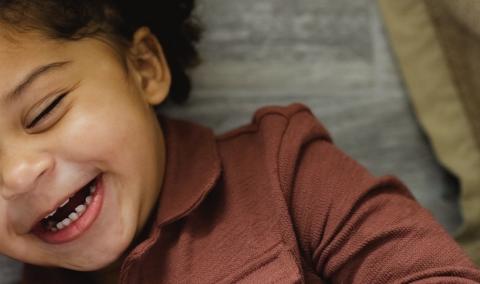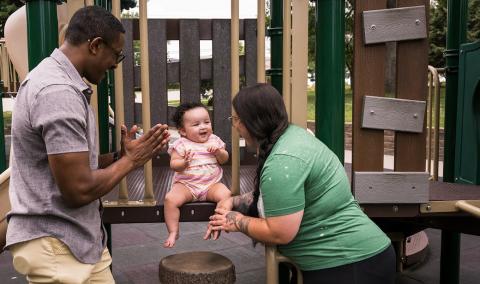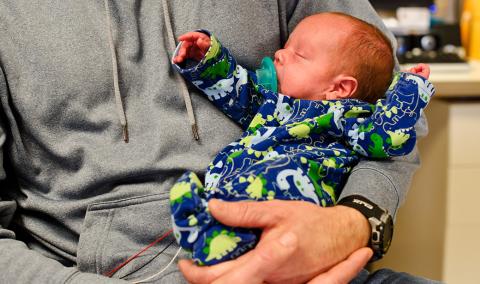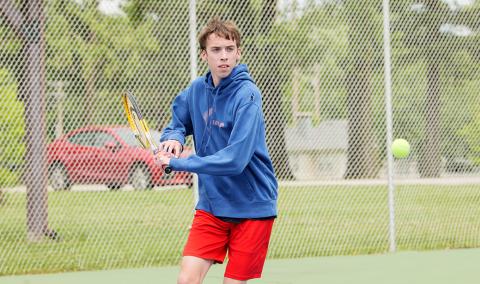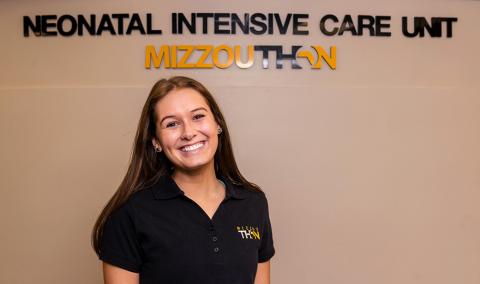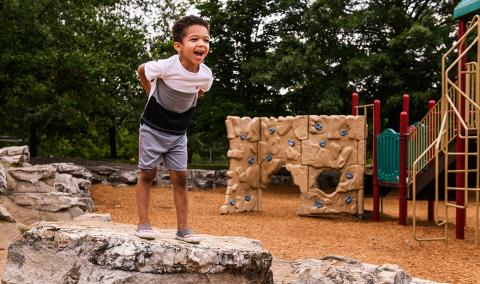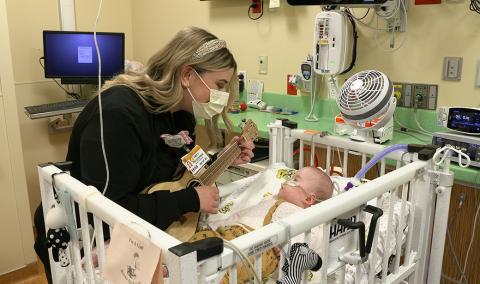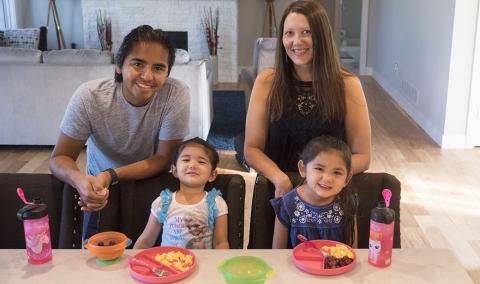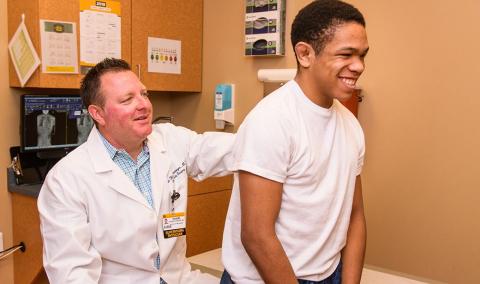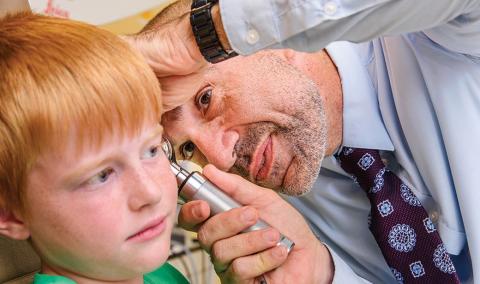Pectus carinatum — commonly known as “pigeon chest”— occurs when abnormal cartilage growth causes the sternum to protrude from the chest.
Pectus carinatum is more prevalent in boys, and it often becomes evident during a child’s preteen or early teenage years. Up to 50% of patients will have a close relative with a similar chest wall abnormality.
Most children with this condition do not experience symptoms, but some might feel chest pain during times of accelerated growth and development. Others might experience shortness of breath when exercising.
Pectus carinatum is not known to cause damage to the lungs or heart, but it can affect body image and self-esteem. Those with pectus carinatum can also have clavicular dislocation, a condition when the collar bone springs out of its socket when raising the arms.
Pectus Carinatum Diagnosis and Treatment
Pectus carinatum is typically diagnosed during a physical examination. After making a diagnosis, we will explore a variety of treatment options. In most cases, pectus carinatum patients will not require surgery.
Pectus Bracing
Nonsurgical treatment options could include chest-specific physical therapy and bracing. We use a custom-fitted, ultralight aluminum brace called the FMF® Dynamic Compressor System, which gradually reshapes the chest wall with minimal discomfort. The success rate for the FMF® Dynamic Compressor System is greater than 90% when children or adolescents wear it as directed.
To fit a child for a brace, we take multiple measurements of the chest wall to ensure the brace fits perfectly and is customized to your child. We also use a pressure-measuring device to measure the pressure needed to correct the chest wall deformity.
Once the brace arrives, we develop a treatment plan that begins with very low-pressure settings. We then gradually increase the pressure at each subsequent monthly visit. Once the pectus carinatum is corrected, the patient undergoes a weaning process until the brace is finally discontinued.
Surgical Intervention
If bracing is not effective — or if your child is experiencing severe chest pain — we might recommend surgery. In most cases, we perform a minimally invasive repair of pectus carinatum (MIRPC), where we make two small incisions in your child’s chest wall and insert a steel bar that pushes his or her cartilage into place.
In rare situations, we would recommend a different technique called the modified Ravitch procedure, where our surgeons open your child’s chest, remove abnormal cartilage, and place the sternum in an appropriate position.
Both of these procedures are performed while your child is under general anesthesia.
Pain Control
Our team uses an innovative approach to post-surgery pain relief using cryoablation. During this procedure, a probe is inserted into the chest using small incisions and temporarily freezes the nerves. Minimal numbness in the chest wall may last up to six months.
When your child is awake in the recovery room, our nursing team and anesthesiologist work together to ensure he or she is as comfortable as possible. Your child will receive a combination of intravenous (IV) and oral pain medications, muscle relaxants and local anesthetic patches after surgery. We use minimal narcotic pain medications.
Once your child is ready to go home, the IV pain medications are stopped and he or she is transitioned to over-the-counter pain medications. Some children may require up to one week of these medications after they are discharged.
Related Conditions & Treatments
- Adolescent Medicine
- Chest Wall Deformities
- Down Syndrome
- Emergency Care for Kids
- Gastrostomy and Feeding Access Program
- Hyperbaric Oxygen Therapy
- Juvenile Diabetes
- Neonatology
- Pediatric Anesthesiology
- Pediatric Cancer
- Pectus Carinatum
- Pectus Excavatum
- Pediatric Cardiology
- Pediatric Dermatology
- Pediatric Development and Behavior
- Pediatric ENT (Ear, Nose and Throat)
- Pediatric Epilepsy
- Pediatric Eye Care
- Pediatric Gastroenterology
- Pediatric Infectious Diseases
- Pediatric Inpatient Rehabilitation
- Pediatric Nephrology
- Pediatric Neurology
- Pediatric Neurosurgery
- Pediatric Orthopaedics
- Pediatric Plastic Surgery
- Pediatric Primary Care
- Pediatric Psychiatry
- Pediatric Pulmonary Medicine
- Pediatric Sleep Medicine
- Pediatric Surgery
- Pediatric Surgical Services
- Pediatric Urology
- Pediatric Vascular Anomalies
- Pediatric Weight Management
- Sickle Cell Disease
- Aerodigestive Program



